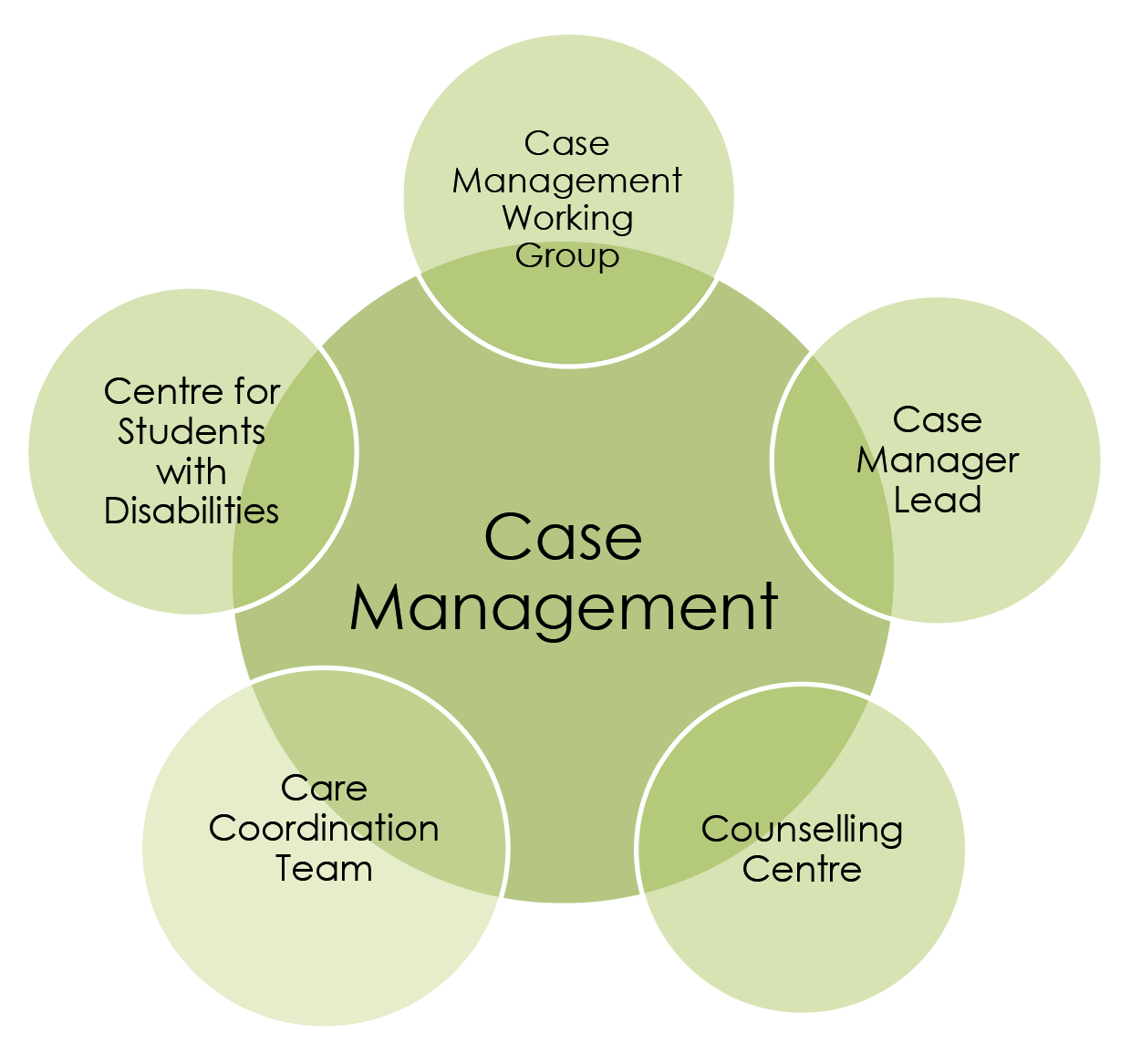


Risk management strategies include enterprise risk management, or accounting for threats at each step of operations. Read more: What Are Key Features of Healthcare ERP Solutions? What Is Risk Management? In the second half of 2020, the CI Security report concluded that more than 21.3 million records were breached. In the 2020 Critical Insight (CI) Healthcare Data Breach report, it was found that new changes in healthcare include employee turnover, a shift to remote work for non-essential employees, and new risks from third- and fourth-party vendors. In a sea of new mandates and best care of practice, sensitive patient information is left exposed to cyberattacks. Unfortunately, these traditional risk mitigation techniques are not enough to combat cyberattacks on medical infrastructure. Risk management strategy “has traditionally focused on the important role of patient safety and the reduction of medical errors that jeopardize an organization’s ability to achieve its mission and protect against financial liability”, according to NEJM Catalyst. We have seen new treatment centers, vaccines, and mass staffing problems across the United States. Medical liability and reducing an organization’s risk against unseen threats has changed exceptionally since the start of the COVID-19 pandemic.


 0 kommentar(er)
0 kommentar(er)
